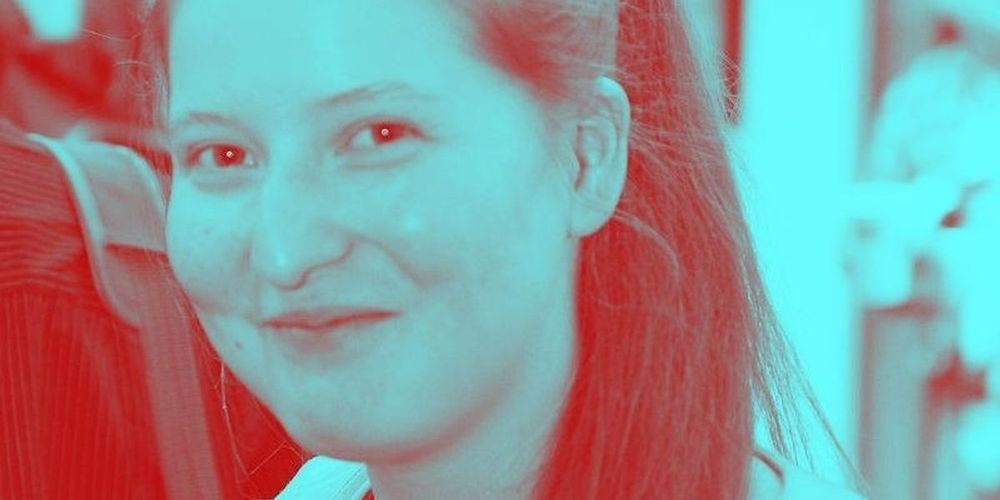❤️ Check out Weights & Biases here and sign up for a free demo: https://www.wandb.com/papers.
❤️ Their blog post is available here: https://www.wandb.com/articles/better-paths-through-idea-space.
📝 The paper “Emergent Tool Use from Multi-Agent Interaction” is available here:
https://openai.com/blog/emergent-tool-use/
❤️ Watch these videos in early access on our Patreon page or join us here on YouTube:
- https://www.patreon.com/TwoMinutePapers.
- https://www.youtube.com/channel/UCbfYPyITQ-7l4upoX8nvctg/join.
🙏 We would like to thank our generous Patreon supporters who make Two Minute Papers possible:
Alex Haro, Andrew Melnychuk, Angelos Evripiotis, Anthony Vdovitchenko, Brian Gilman, Bryan Learn, Christian Ahlin, Claudio Fernandes, Daniel Hasegan, Dennis Abts, Eric Haddad, Eric Martel, Evan Breznyik, Geronimo Moralez, James Watt, Javier Bustamante, John De Witt, Kaiesh Vohra, Kasia Hayden, Kjartan Olason, Levente Szabo, Lorin Atzberger, Lukas Biewald, Marcin Dukaczewski, Marten Rauschenberg, Matthias Jost„ Maurits van Mastrigt, Michael Albrecht, Michael Jensen, Nader Shakerin, Owen Campbell-Moore, Owen Skarpness, Raul Araújo da Silva, Rob Rowe, Robin Graham, Ryan Monsurate, Shawn Azman, Steef, Steve Messina, Sunil Kim, Taras Bobrovytsky, Thomas Krcmar, Torsten Reil.
https://www.patreon.com/TwoMinutePapers.
Splash screen/thumbnail design: Felícia Fehér — http://felicia.hu.
Károly Zsolnai-Fehér’s links:





